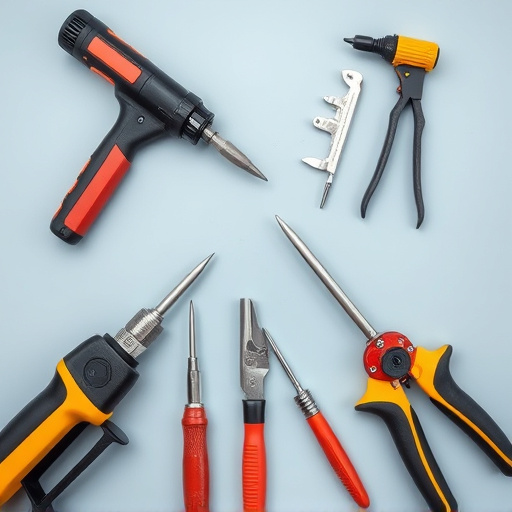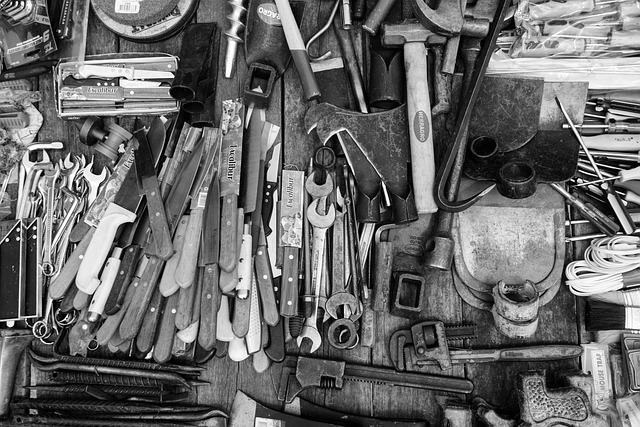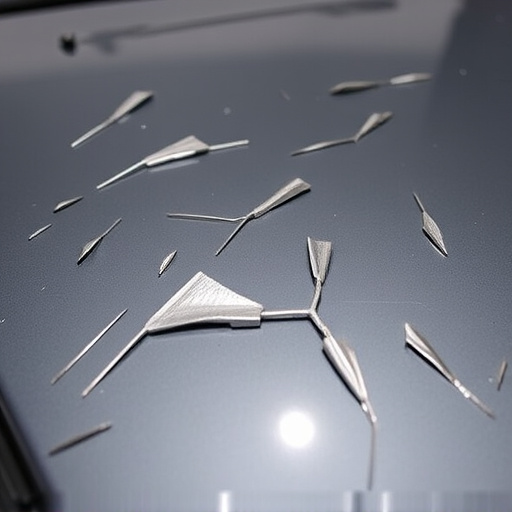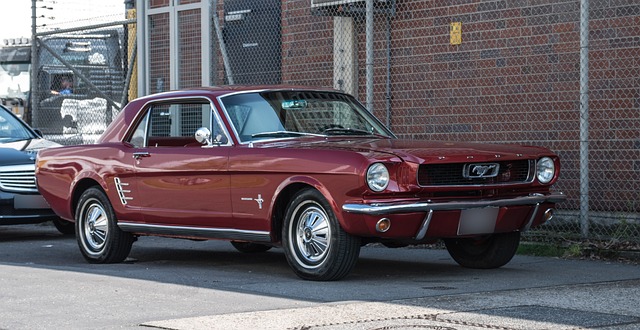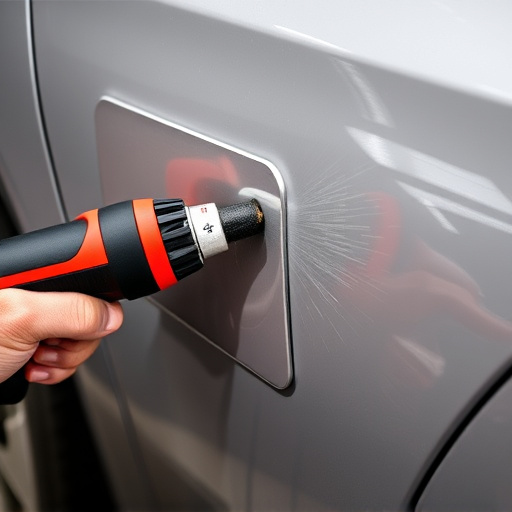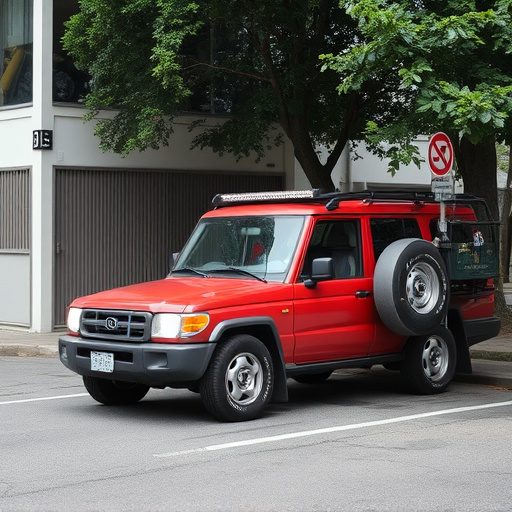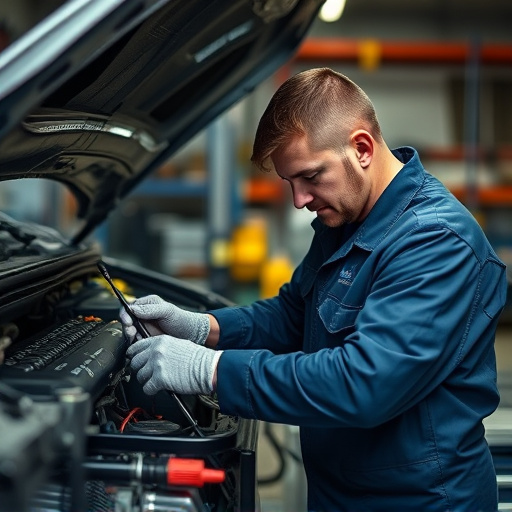Tesla diminished value claims involve proving repair damage reduced a vehicle's resale or trade-in value due to loss of unique features and reputation. Denials often result from lack of documentation, insufficient evidence linking incident to value loss, and navigating complex insurance policies requires engagement with legal professionals specializing in vehicle damage claims and collision repair services.
Tesla owners often face unexpected financial setbacks when their vehicle’s value diminishes due to factors beyond their control. Understanding and navigating Tesla diminished value claims can be complex. This article demystifies the process, highlighting common reasons why these claims may be denied. We emphasize the significance of seeking legal assistance to maximize your claim’s success, especially given the unique challenges associated with electric vehicle depreciation.
- Understanding Tesla Diminished Value Claims
- Common Reasons for Denial of Claims
- Seeking Legal Assistance for Your Claim
Understanding Tesla Diminished Value Claims
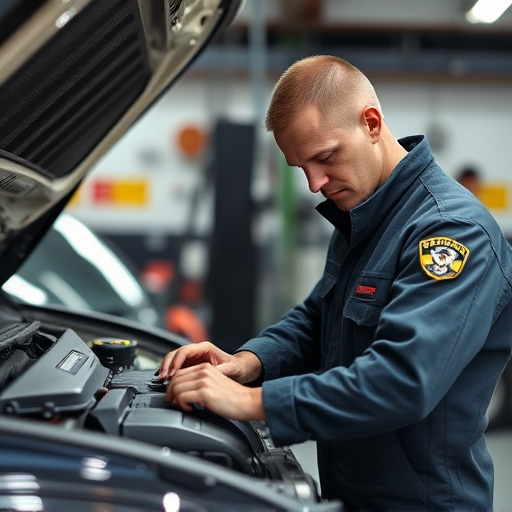
A Tesla diminished value claim refers to a situation where the owner of a Tesla vehicle argues that the car’s resale or trade-in value has been significantly reduced due to damage, often from an accident or other incidents. This claim is based on the idea that the unique features and reputation of a Tesla can be negatively impacted by repairs or blemishes, leading to a loss in its overall market value. Understanding how these claims work is crucial for vehicle owners, especially when dealing with high-end electric vehicles like Teslas.
When assessing a Tesla diminished value claim, it’s important to consider the extent of the damage and the specific make and model of the vehicle. Vehicle repair services, particularly those specializing in bumper repair or collision repair, play a significant role in determining the extent of restoration possible. A professional evaluation can help owners understand whether their car can be restored to its pre-incident condition, which is key to substantiating or refuting the diminished value claim.
Common Reasons for Denial of Claims
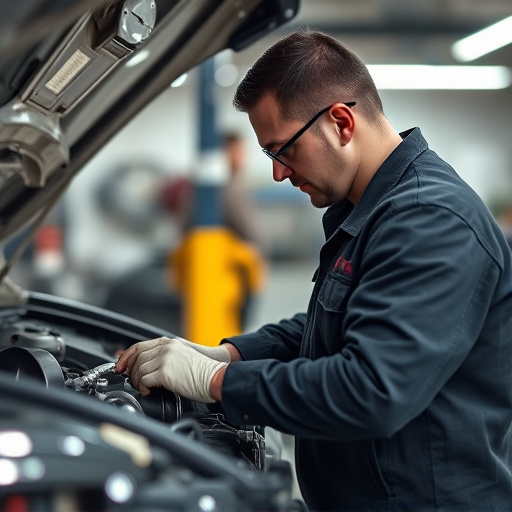
Many Tesla diminished value claims face denial due to several common reasons. One significant factor is the lack of proper documentation and evidence supporting the claim. Since these claims often involve assessing the potential loss in value of a vehicle post-accident or damage, detailed records are crucial. Without comprehensive documentation from a trusted body shop service or auto collision center, it can be challenging for insurance providers to verify the extent of the perceived diminution.
Another frequent cause for denial is when the claim lacks a clear link between the incident and the alleged loss in value. Insurance companies typically require definitive evidence that the damage incurred during an automotive collision repair directly contributes to a reduced market value for the vehicle. If the evidence presented does not meet these standards, or if there are discrepancies in the assessment of damages, the claim may be denied, emphasizing the importance of seeking professional appraisal and repair services from reputable auto collision centers.
Seeking Legal Assistance for Your Claim
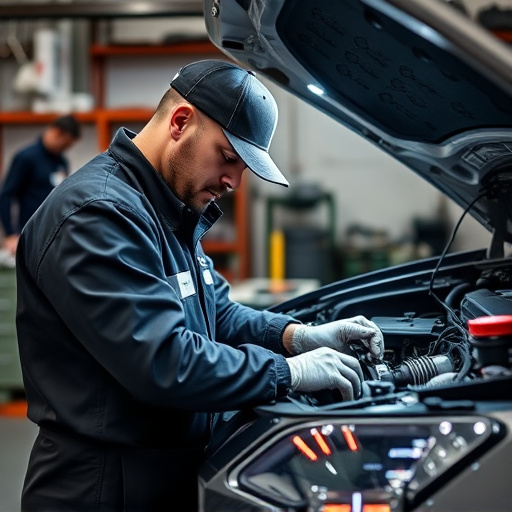
When dealing with a Tesla diminished value claim, navigating the legal process can be complex and often requires expert guidance. Many individuals attempting to file a claim on their own may find themselves at a disadvantage due to the intricate nature of insurance policies and state laws. Engaging a legal professional who specializes in automotive or vehicle damage claims is a strategic move. These experts have the knowledge and experience to help you understand your rights and navigate the often labyrinthine process of filing and pursuing a Tesla diminished value claim.
Seeking legal assistance can significantly improve your chances of success. A lawyer specializing in these matters will be well-versed in dealing with insurance companies, understanding the specific requirements for documenting vehicle damage, especially when it comes to high-end electric vehicles like Teslas. They can ensure that all necessary steps are taken, including organizing and presenting evidence from collision repair shops or automotive experts to substantiate your claim. This specialized support can be invaluable, ensuring your Tesla diminished value claim is handled with the expertise it deserves.
When pursuing a Tesla diminished value claim, understanding common denial reasons and knowing when to seek legal help can significantly improve your chances of success. While these claims are designed to compensate owners for vehicle devaluation, insurers may deny them based on various factors like proper documentation or the specific circumstances of the incident. Given the complexity involved, enlisting a legal professional specializing in Tesla diminished value claims is often beneficial. They can guide you through the process, ensuring your claim is presented compellingly and effectively.
